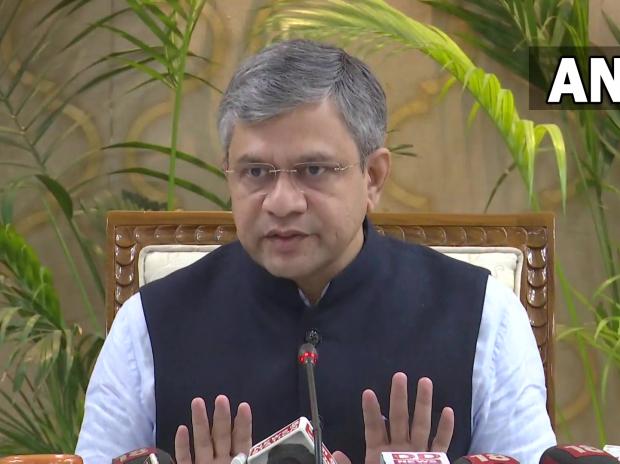The key industry stakeholders led by industry body Nasscom, during a meeting with IT Minister Ashwini Vaishnaw, have emphasised that the draft Digital Personal Data Protection Bill 2022 will bolster India’s narrative as a trusted global partner for all invested in digital transformation.
In the meeting, attended by Alkesh Kumar Sharma, Secretary MeitY, along with startups and small and medium enterprises (SMEs), provided their initial feedback and suggestions on the bill to the IT Minister last week.
Vaishnaw said that as the PDP Bill gets finalised, on cross-border data flows, the government will ensure that the approach focusses on strengthening data protection without disrupting data flows.
The industry felt that a framework prepared in consultation with government departments, sectoral regulators, and public consultations, should provide a clear, proportionate and enabling framework, Nasscom said in a statement on Monday.
Industry welcomed the retention of forward-looking concepts, such as the consent manager, to enable citizens to effectively manage their consent.
The IT Minister said that the PDP Bill will be designed to redress concerns and complaints regarding data protection in a manner that the mechanism is accessible and effective for every strata of the society.
“A good idea for startups and technology providers to offer their feedback will be to test the Bill against their specific use-cases to identify gaps, if any, and provide suggestions accordingly,” Vaishnaw told the industry stakeholders.
The shift away from revenue-based penalties is to ensure certainty and avoid getting into debates on revenue calculations which have created concerns in other regulatory regimes, he maintained.
The industry stakeholders said that as compared to the previous drafts, this version has been simplified by removing past proposals that were not related to personal data protection, such as non-personal data, or that would have posed significant concerns to ease of doing business, such as the criminal offence, the hardware certification scheme, or the statutory data residency requirements.
“The technology neutral design of the Bill, combined with focus on leveraging technology to enhance the effectiveness of the data protection board and enable consent management, were noted as key features that would help the Bill meet its objectives,” said Nasscom.
Recognising that data is central to every country and industry, Nasscom said it will continue to work with the government and the industry to further strengthen the PDP bill from a privacy and innovation perspective.
–IANS
na/ksk/
(Only the headline and picture of this report may have been reworked by the Business Standard staff; the rest of the content is auto-generated from a syndicated feed.)





GIPHY App Key not set. Please check settings